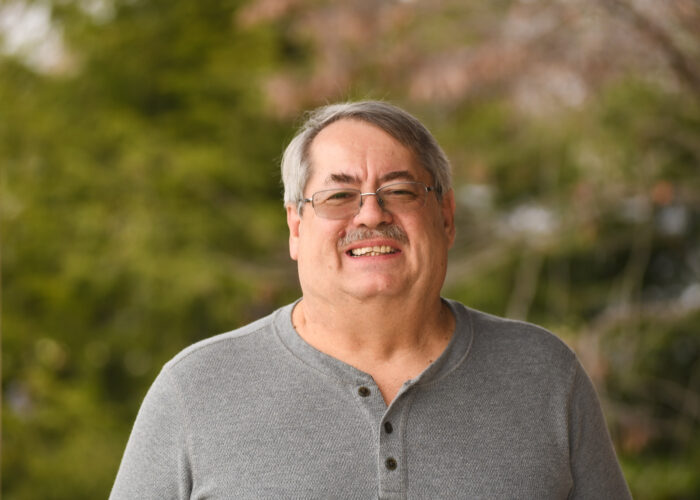NORTH NEWTON, Kan. (Mennonite Mission Network) — Fremont Regier was a farm boy from Kansas who took his love for God’s people and creation halfway around the world.
As a mission worker in multiple African countries, Regier was known for his love and respect for his brothers and sisters around the globe.
“Fremont will always be remembered for his insight, his critical thinking, his penchant for asking hard questions and his respect and collaboration with African colleagues,” said Steve Wiebe-Johnson, Mennonite Mission Network’s director for Africa. “He is well remembered by many friends in Africa.”
Regier, 74, died of prostate and bone cancer on Thursday, May 27, 2010 at his home in North Newton, Kan.
Fremont was born on Aug. 7, 1935, in Newton, to Alfred and Ione (Ayers) Regier.
He grew up in the rural Whitewater, Kan., community and was nurtured by the faith of his family, farming and 4-H activities.
He was baptized at Emmaus Mennonite Church in Whitewater on May 13, 1951, and continued to follow Jesus and grow in a spirituality shaped by rich life experience and participation in diverse faith communities.
Regier graduated from Berean Academy and studied at Bethel College. He earned a B.S. in animal science and an M.S. in animal nutrition from Kansas State University, and later a Ph.D in adult and Extension education at the University of Wisconsin.
Early in his life, Regier sensed a call to mission and served two years with the PAX program in Belgian Congo before marrying Sara M. Janzen on Sept. 9, 1957, at Zion Mennonite Church in Elbing, Kan.
Together they served with Commission on Overseas Mission of the former General Conference Mennonite Church (a predecessor agency of Mennonite Mission Network), Africa Inter-Mennonite Mission and Mennonite Central Committee in Mexico (1961 to 1963), Congo/Zaire (1965 to 1976), Botswana (1981 to 1985) Mozambique (1993 to 1996) and Zimbabwe (1997 to 2000).
Regier’s work grew out of love and mutual respect. “Fremont always approached the Congolese around him as fellow human beings. There never was the slightest trace of condescension in his manner or his relations with them,” wrote Jim Bertsche, who served with the Regiers in Congo. “He saw them as fellow pilgrims with their own legitimate hopes and aspirations and he did all he could to help them achieve them.”
Regier’s farm life in Kansas served him well in Congo, explained Bertsche, where his innovative nature made him the ideal person to demonstrate practical farming skills. He worked with blight-resistant manioc plantings in his garden plots, showed villagers how to raise rabbits using primarily the resources at hand, and opened a ‘farm store’ stocked with basics that villagers needed in their day-to-day agricultural routines.
Trained in adult education, Regier was one of the first development workers, and he saw this development work as an integral part of mission presence and witness. “Early on he instituted the custom of early morning devotionals with all of his [workers],” wrote Bertsche, “where, for about 15 minutes, they would reflect together on a passage of Scripture and pray for wisdom and for the Lord’s blessing upon the work which lay ahead of them that day.”
Fremont loved fishing, woodworking, bird-watching, playing tennis, traveling, telling stories and jokes, spending time with family and friends and learning to know people.
Bertsche reflected on Regier’s lively sense of humor.
“He was not above playing pranks upon his fellow missionaries when the occasion presented itself while somehow maintaining a bland, innocent appearance,” he said.
Fremont Regier is survived by his wife, Sara; two sons, Charles (Cynthia) and Nathan (Julie), one daughter, Heidi (David) Kreider; four grandsons and four granddaughters; and a sister, Louvina (Lou). He was preceded in death by his parents, Alfred and Ione Regier, and sister Donice Kelly.



